‘Grossi’s Reports No Longer Matter’: Iran Ends Nuclear Cooperation
Iran's Larijani dismisses IAEA reports as having "no effect" and vows to boost armed forces, signaling a harder line on the nuclear file after the sanctions snapback.
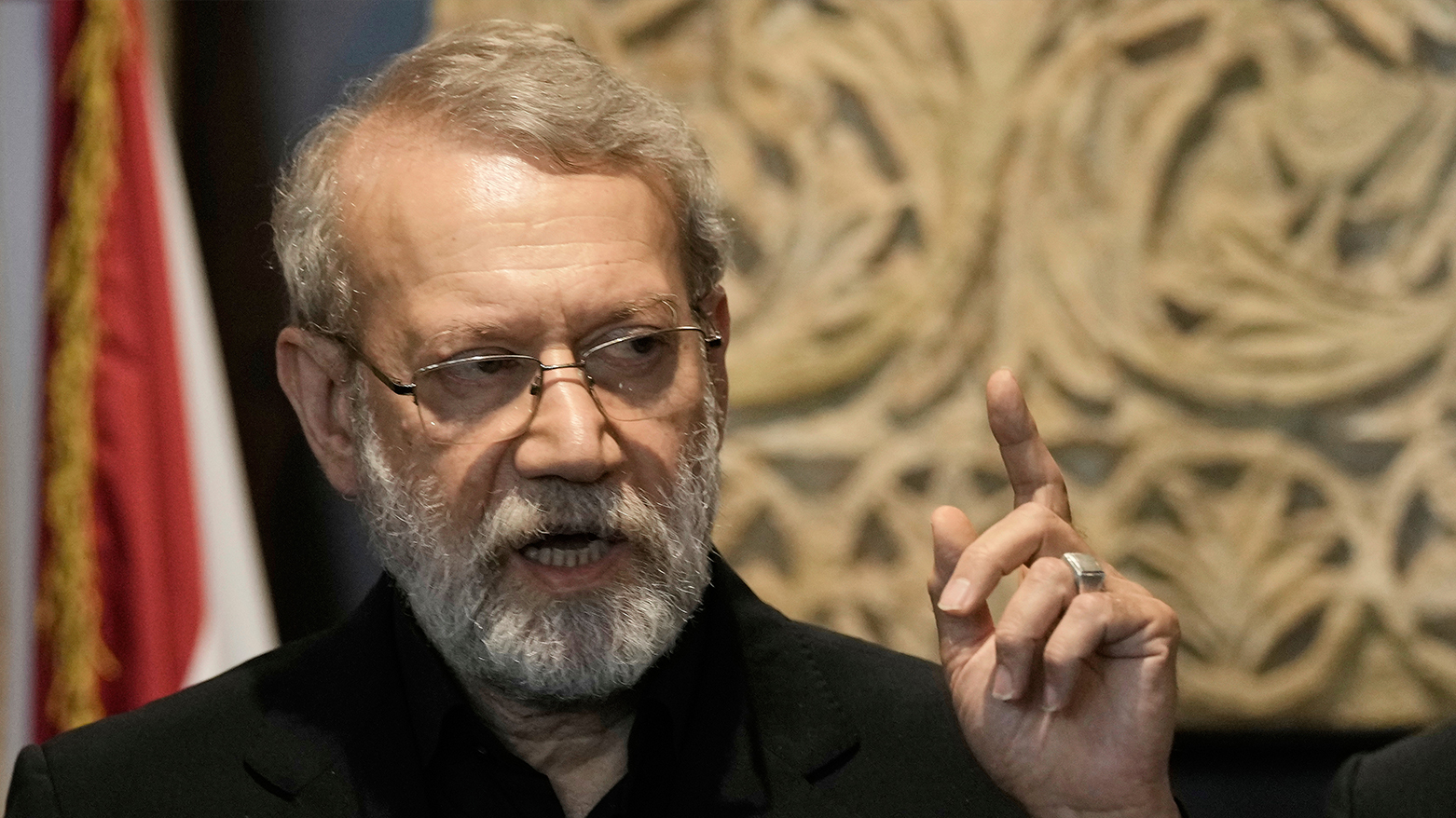
ERBIL (Kurdistan24) – In a statement reflecting a tougher stance on Iran’s nuclear program, Secretary of the Supreme National Security Council Ali Larijani said future reports by IAEA Director-General Rafael Grossi “will no longer have an effect,” as per IRGC-affiliated Tasnim News Agency.
This statement, delivered during a joint press conference in Tehran with Iraq's National Security Advisor, Qasim al-Araji, was coupled with a firm vow that the Islamic Republic is "seriously pursuing the strengthening of the power of our armed forces."
This dual message of nuclear intransigence and military reinforcement, coming just weeks after the formal collapse of a crucial nuclear monitoring agreement, paints a picture of an Iranian leadership that feels liberated from international constraints and is charting a new, more confrontational course in the wake of a devastating, albeit brief, war with Israel and the United States.
Larijani's remarks on Monday represent Tehran's most forceful public rejection of the IAEA's oversight role since the reimposition of United Nations sanctions, a move he described as an illegal "misuse of the snapback" by European powers.
His comments followed a meeting with al-Araji, Iraq's National Security Adviser, where discussions, though focused on expanding economic relations, were heavily underscored by the new regional security realities.
Larijani thanked Iraq for its position during the 12-day war in June, a conflict that saw unprecedented Israeli and American strikes on Iranian nuclear and military infrastructure, but pointedly noted, "Unfortunately, the Zionist regime misused the skies of Iraq, and our Iraqi brothers are also sorry about this point."
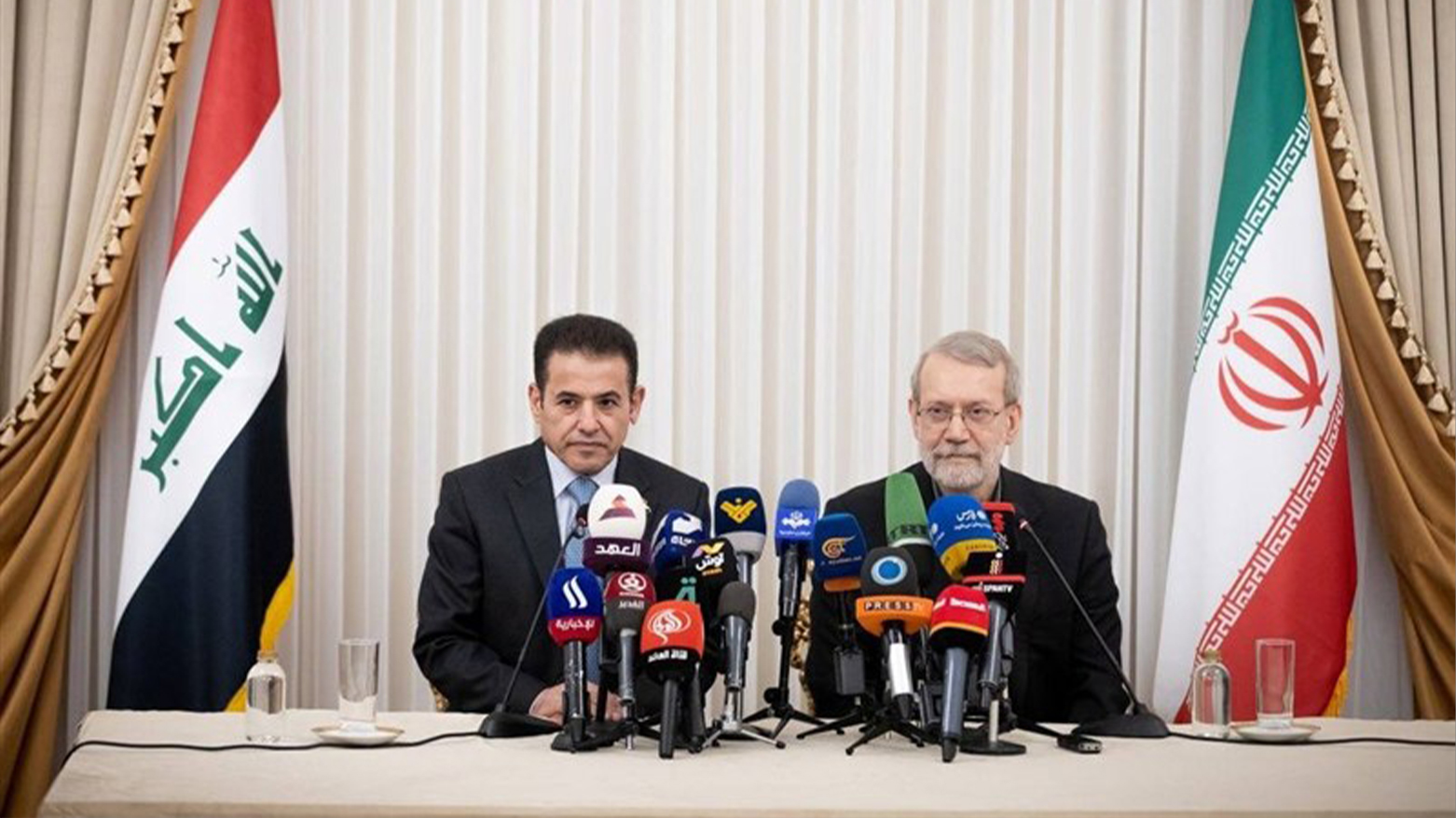
The Collapse of an Agreement
The core of Larijani's message revolved around the final and definitive nullification of what was known as the Cairo agreement, a temporary understanding reached with the IAEA that had allowed for some continued monitoring of Iran's nuclear activities.
He confirmed that the European-led activation of the "trigger mechanism" to reimpose UN sanctions under Security Council Resolution 2231 had rendered that agreement void, just as Iran had warned.
"As Mr. Araghchi [the Iranian Foreign Minister] had announced, if the trigger mechanism is activated, we will reconsider the agreement. This has happened, and that agreement has been nullified," Larijani stated.
He elaborated at length on Iran's legal interpretation, which is shared by Russia and China, that the snapback was procedurally illegitimate. He argued that the European powers, out of "spite for Russia," which was set to assume the presidency of the Security Council, rushed the process and bypassed the legally mandated steps, which included a 15-day expert review and a subsequent 15-day ministerial council deliberation.
"None of these stages were implemented," Larijani said. "Therefore, our interpretation with Russia and China is that the application of the trigger mechanism is an illegal act that has no basis."
The consequence of this, he asserted, is that Resolution 2231 is "effectively finished," and that countries are now free to have "economic and military relations with Iran," regardless of European objections.
This legal and diplomatic defiance directly translates into a new reality for the IAEA. While Larijani indicated that if the Agency "has a proposal, we will review it in the secretariat," his subsequent dismissal of Grossi's work suggests that any such proposal would be met with deep skepticism.
"Mr. Grossi has done his job," Larijani said, in a tone that implied the Director-General's mission in Iran was effectively over, "and his reports will no longer have an effect."
A Nation Bracing for New Dangers
This hardened diplomatic posture is being matched by a renewed focus on domestic cohesion and military power. Larijani identified two critical priorities for dealing with future dangers: protecting "national cohesion" and strengthening the armed forces.
"We are seriously pursuing the strengthening of the power of our armed forces," he affirmed, a statement that will be read across the region as a sign that Iran intends to double down on its military capabilities, particularly its missile program, in response to the perceived threats from the U.S. and Israel.
This sentiment was powerfully echoed on the same day by Iran's Supreme Leader, Ayatollah Ali Khamenei.
In a meeting with student athletes and scientific Olympiad medalists, the Supreme Leader delivered a fiery speech that dismissed U.S. President Donald Trump's recent claims of having "obliterated" Iran's nuclear program as "vulgar behavior and numerous lies."
As reported by IRIB News Agency, Khamenei mocked Trump's attempts to "boost the morale of the despondent Zionists" and challenged his claims of capability, stating, "if he is capable, he should go and calm the millions of people who are chanting slogans against him in all the states of America."
Khamenei vehemently rejected the idea that the U.S. strikes had destroyed Iran's nuclear capabilities, a claim also made in an AFP report that quoted him telling Trump to "keep dreaming."
He framed the U.S. military action as an act of "bullying," questioning America's right to dictate what any sovereign nation "should and should not be done if a country has a nuclear industry."
The Supreme Leader celebrated Iran's missile reprisal during the 12-day war as an "unbelievable slap" to the Zionist regime, emphasizing that the missiles were not bought or rented but were "handmade and have the identity of the Iranian youth."
He issued a clear warning for the future: "Our armed forces and military industries had these missiles ready and used them, and they still have them, and if necessary, they will use them at another time."
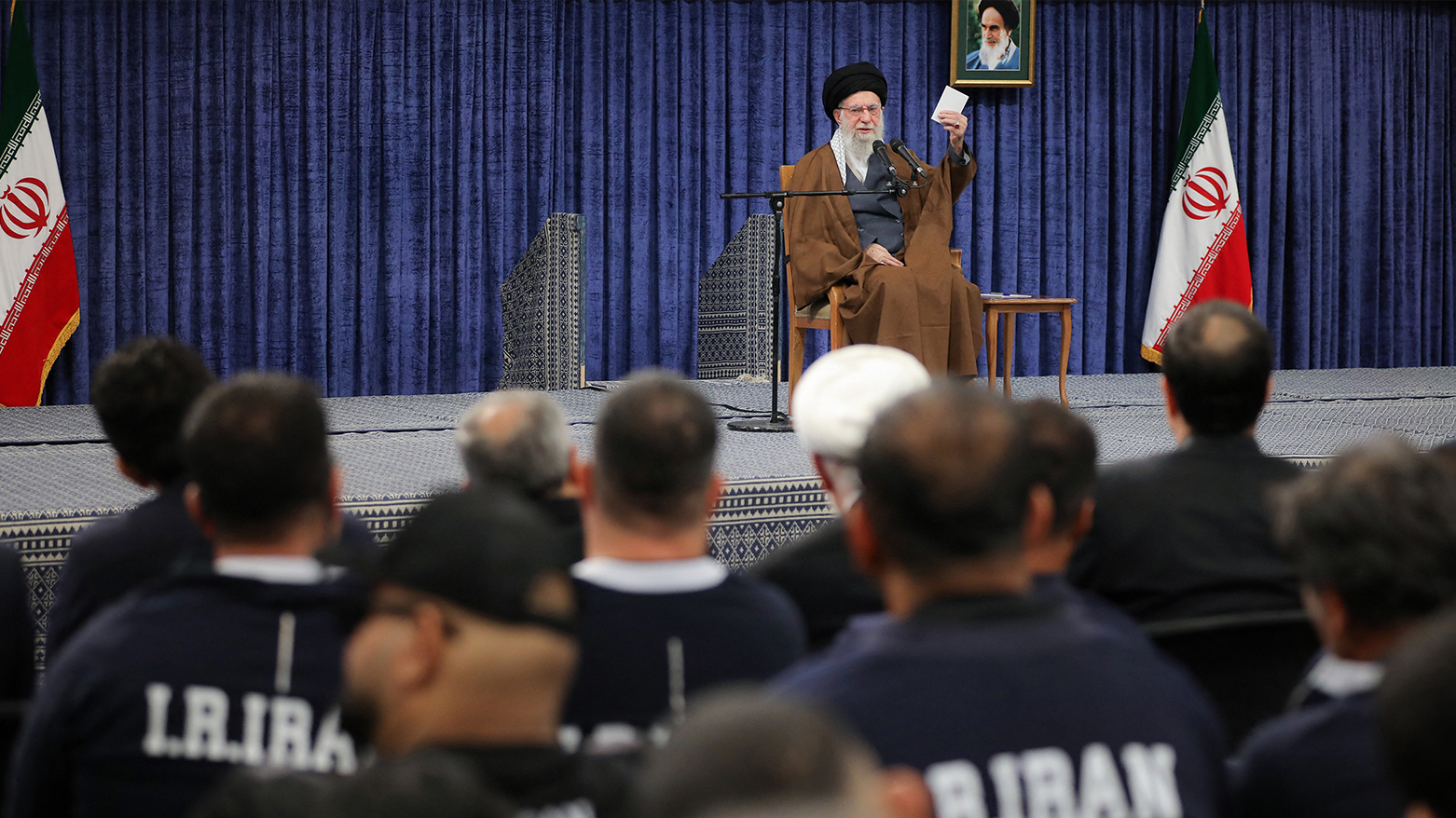
Conflicting Narratives of Destruction and Resilience
The true extent of the damage inflicted on Iran's nuclear program during the June conflict remains a subject of intense debate and conflicting narratives. President Trump has been unequivocal in his public statements, claiming total success.
In an exclusive interview with Fox News on October 13, following the signing of the Israel-Hamas peace deal, Trump directly credited the strikes with making the agreement possible.
"I think it really started when we took out the nuclear capability of Iran," he said. "You couldn't have made this deal with someone sitting over there with a nuclear weapon over your head." When asked about the current state of the program, Trump was blunt:
"They don't have a nuclear program. It was obliterated."
This narrative of complete destruction has been a consistent theme for the U.S. President. During a speech at the Israeli Knesset, as reported by AFP, Trump reiterated that the U.S. had confirmed "obliterating" the sites.
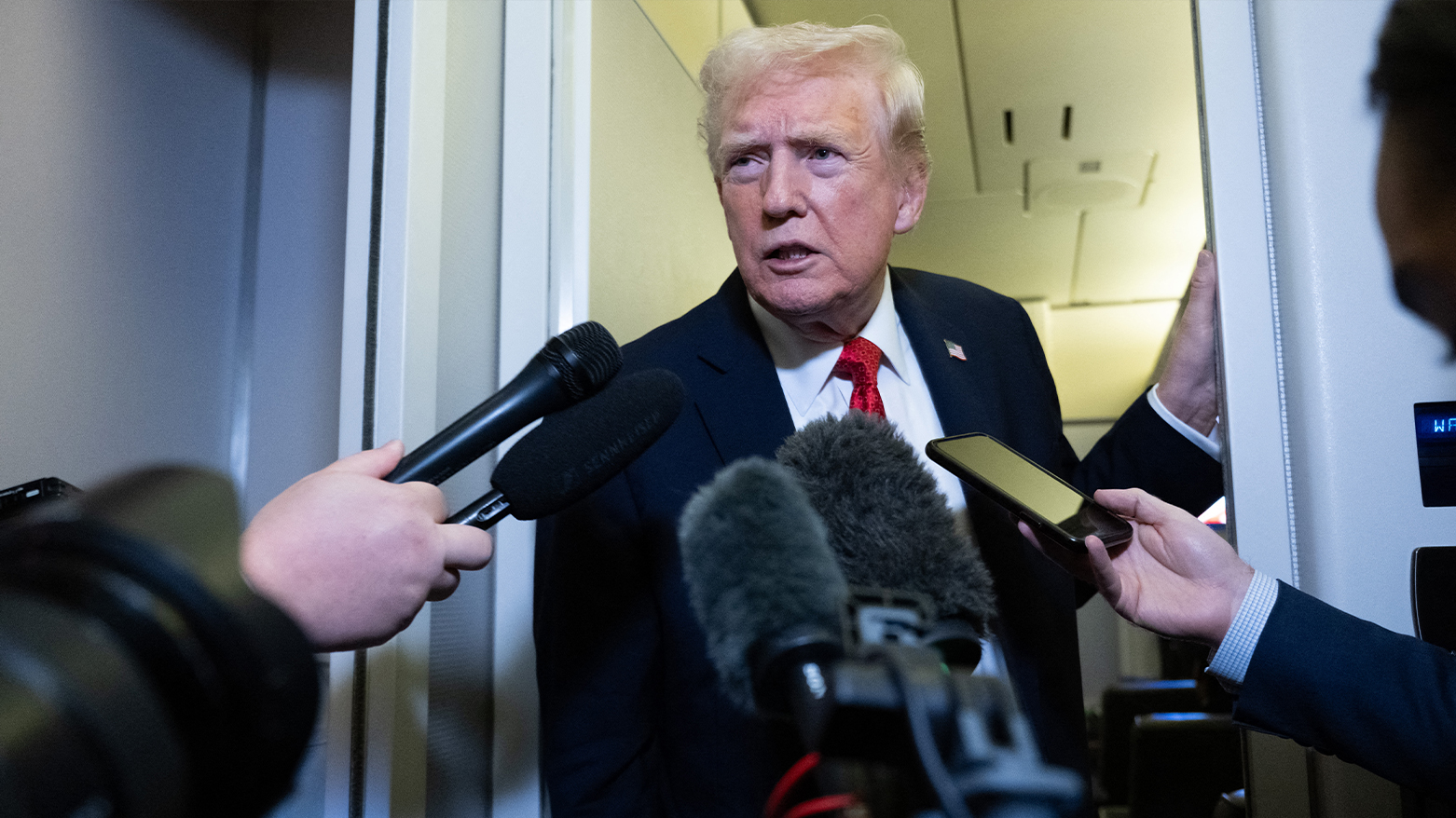
However, official assessments have been more circumspect.
The Pentagon has stated that the strikes delayed Iran's program by between one and two years, a significant setback but far from total obliteration. This contradicts an initial classified U.S. intelligence report, which, according to American media, found the setback was only by a few months.
This uncertainty provides the backdrop for the defiant rhetoric from Tehran. Khamenei's and Larijani's statements are part of a concerted effort to project an image of resilience and unbroken will, both for a domestic audience and for the international community.
Khamenei praised the "talented youth of the homeland" for their scientific achievements in fields like "nano," "laser," and "nuclear" industries, framing their work as the nation's strongest response to enemy pressure.
A Region on Edge
The press conference in Tehran also highlighted the complex regional dynamics at play. The presence of Iraq's National Security Advisor, Qasim al-Araji, served as a reminder of Iraq's delicate position, caught between its powerful neighbors and its strategic partnership with the United States.
Al-Araji, in his remarks, drew on his own country's painful history with international sanctions.
"The Iraqi nation is one of the nations that has suffered from the effects of sanctions more than any other in the world," he said. "For this reason, [we] are strongly opposed to the use of the tool of sanctions against any country."
While carefully avoiding taking sides in the nuclear dispute, he affirmed Iraq's support for dialogue and diplomacy and for "the right of all countries in the world to the peaceful use of nuclear energy."
Larijani, for his part, used the platform to again criticize U.S. interference in Iraqi affairs, stating, "The United States does not want the country of Iraq, which has tried for years to be independent, to be in its own hands."
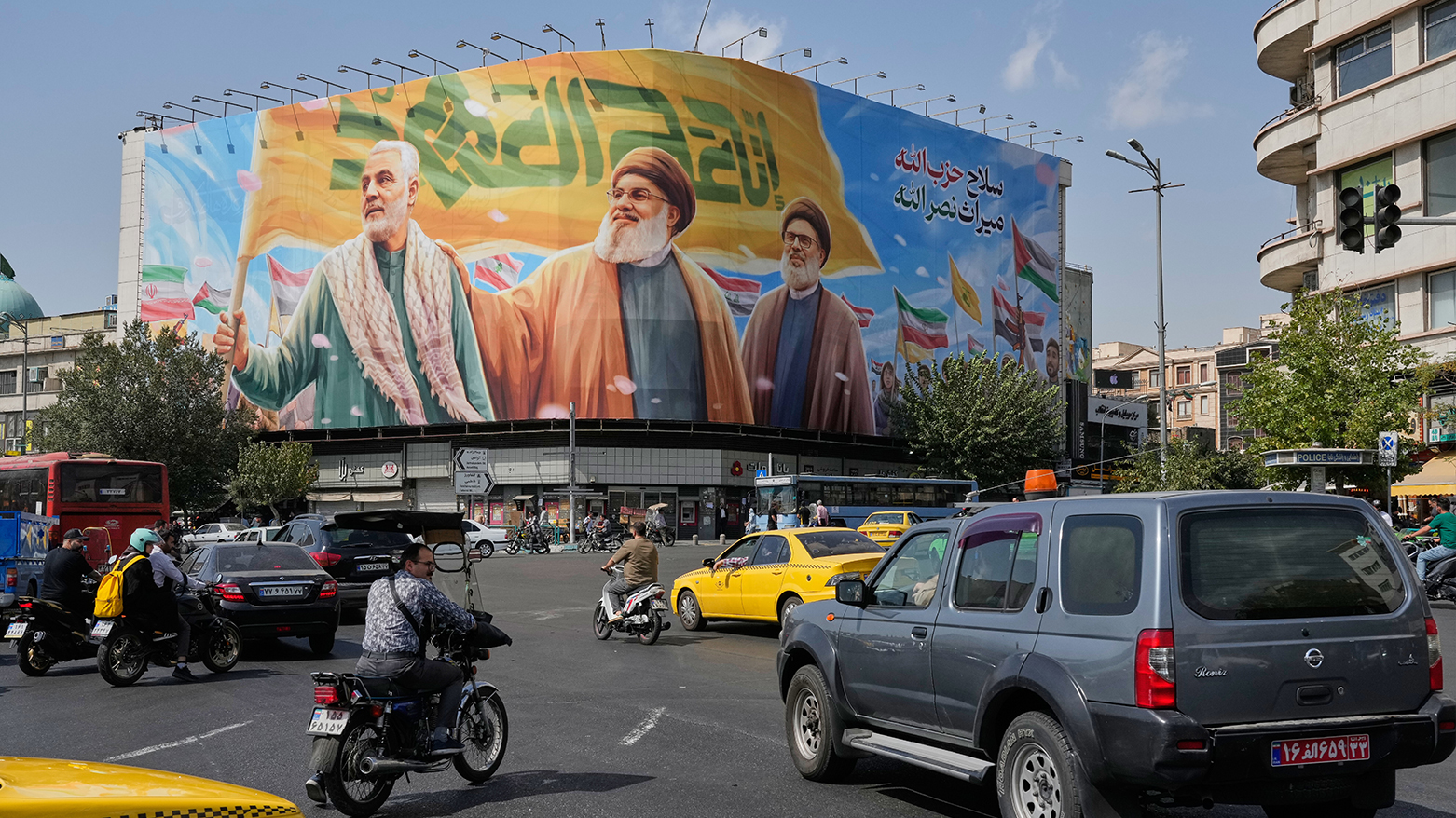
This positioning of the U.S. as a destabilizing force is a central tenet of Iran's regional foreign policy.
As Iran turns away from the IAEA and inward toward military strengthening, the prospects for a diplomatic resolution to the nuclear standoff appear dimmer than ever.
The Supreme Leader firmly rejected any notion of a "deal" with the Trump administration, characterizing it as an attempt at "imposition and bullying."
"The Iranian nation will not submit to imposition," Khamenei declared. With the Cairo agreement now "nullified," the international community has lost its last vestige of real-time insight into the activities at Iran's sensitive nuclear sites.
Larijani's stark pronouncement that Grossi's reports "will no longer have an effect" serves as a formal closing of a chapter of diplomacy and oversight, ushering in a new and more perilous era of uncertainty, mistrust, and heightened military tension across the Middle East.